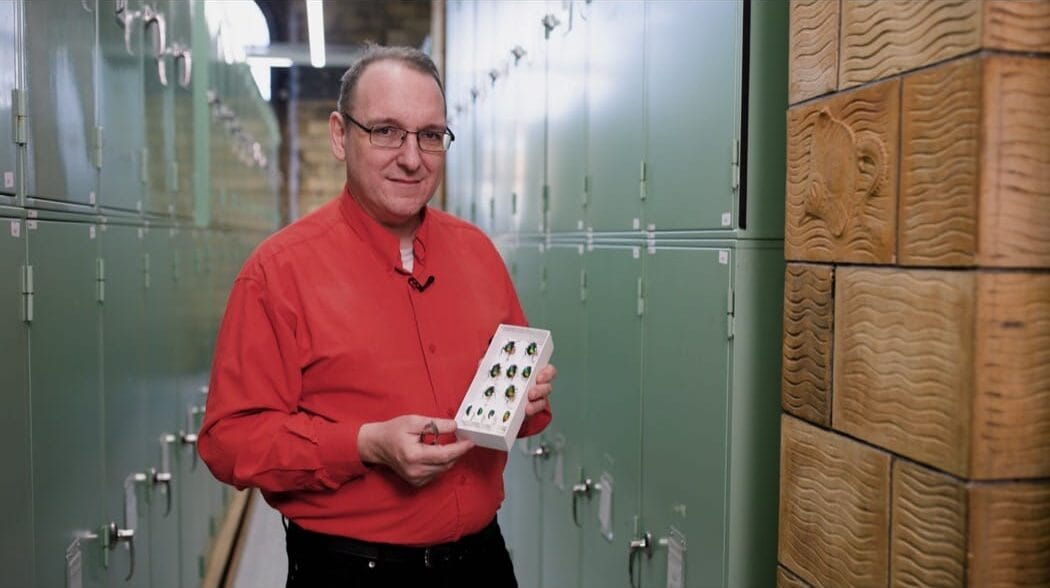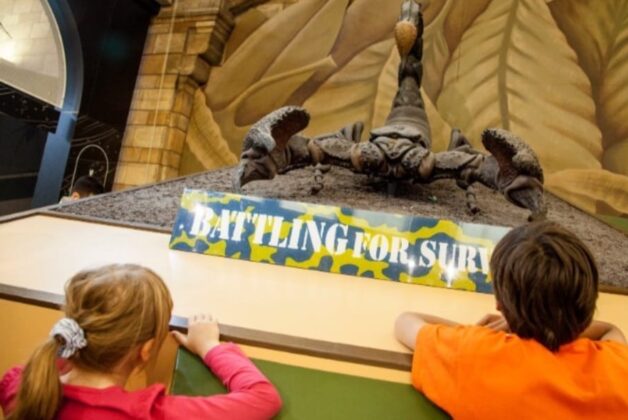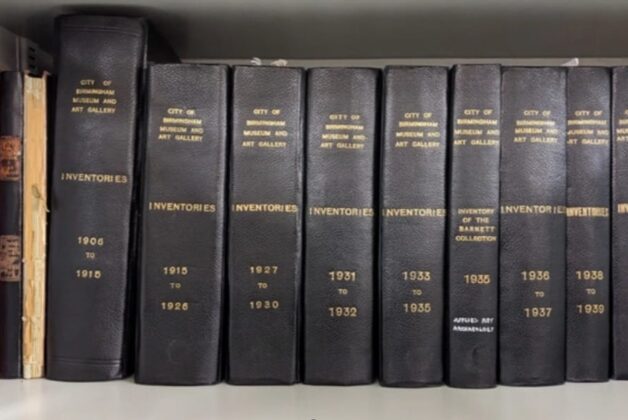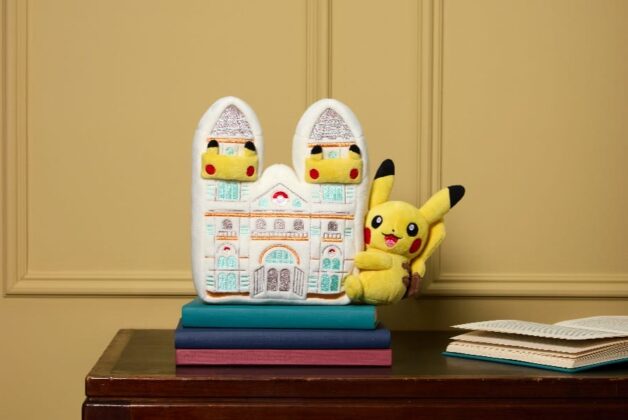Curator Max Barclay holding the recently digitised specimen (Natural History Museum)
The milestone in its digitisation represents 7.5% of its 80 million specimen collection goal.
The Natural History Museum has digitised its 6 millionth specimen, as it works toward a vast Data Portal of natural history.
The 6 millionth specimen, a type of ground beetle, marks a milestone for the project which began in 2015. It is now 7.5% complete in its goal of cataloging 80 million specimens.
The museum said over 4,500 scientific papers already cite its digital collection, with three new publications per day citing its data on average.
The museum’s Data Portal team has now introduced techniques such as AI to speed up the transcription process, and barcodes to automatically assign specimens into the correct taxon and location.
Digitising the Museum’s entire collection of 80 million specimens is estimated to benefit the UK economically by over £2 billion, according to a 2021 research paper.
The museum plans to create a research and digitisation centre in Reading which it said will “accelerate the digitisation of the 28 million specimens moving.”
Helen Hardy, Deputy Head of Digital, Data and Informatics at the Natural History Museum said: “Over the last decade we have seen 40 billion records downloaded from the Portal over 1 million download events and more than 4,500 papers cite our digital collection on topics from climate change to human health to crop security.
“This brilliant beetle with the revelation of its last meal is a shining example of how digitisation can unlock greater understanding of our collection.”





